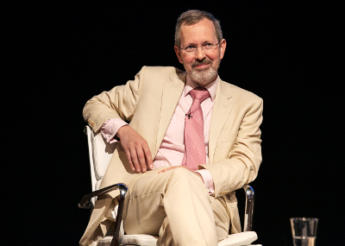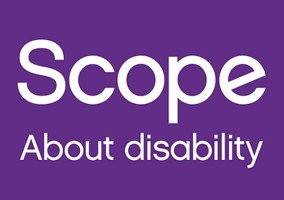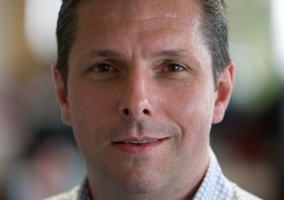Andrew McDonald, chair of Scope, outlines the disability charity's new strategy for radical change.
Just a couple of weeks ago, the House of Lords Select Committee on Charities asserted that charities “are the eyes, ears and conscience of society. They mobilise, they provide, they inspire, they advocate and they unite”. The committee went on to catalogue the perils facing charities in these turbulent times. It called for a more sympathetic regulatory environment but it also made clear that charities had to be innovative in responding to the challenges they now face. Challenges which, at their most extreme call into question their very existence.
At Scope, we recognise the landscape sketched by the committee. We recognise the potential of charities to make our society fairer. We recognise that this is a tough environment in which to survive financially. And we recognise that yesterday's solutions, however good they once were, may not be relevant to the current and future needs of those for whom we exist.
And so we are changing. Changing radically. That will be clear from even the most cursory glance at our new strategy, Everyday equality, which we launch today.
Starting point
Our starting point for this piece of work could only have been in one place: with the experience of disabled people today and with what they said to us about their ambitions for tomorrow. The picture that emerged was arresting. A picture of unmet need. Of hopes thwarted. Of potential denied.
We are proud of our achievements – both historic and recent. Proud to have persuaded the government to commit to halve the disability employment gap. Proud of our role in defending disability benefits. Proud of the quality of service we deliver in our schools and our care homes.
But we have heard the message of the disabled people we consulted. And we are ambitious to respond to that message. To extend our reach dramatically. To increase our impact. To work more closely with disabled people.
To do that we need to focus more sharply, taking our lead from the responses we received to our consultation. Specifically, we will concentrate all of our energies on three themes, namely supporting disabled people to:
- Get the best start in life;
- Live the life they choose; and
- Be financially secure.
To achieve real, tangible change in these areas, we need to operate at scale, we need to reach more people and we need to take tough decisions about those services we must leave behind.
What will all this mean in practice? We want to reach two million people by 2022; we will develop new digital and face-to-face services to allow us to do this.
We will campaign fearlessly for a more just society for disabled people. And we will move on from our regulated and statutory services. Not by closing them but by selling them to experienced providers who will be able to develop them to the benefit of customers.
To reach more people we will be investing in innovative new services responsive to the needs of disabled people and their families in modern Britain. These will include new employment services, innovative information and advice services, mentoring and coaching and the growth of an online community of disabled people.
Change 'not without risk'
Change on this scale is, of course, not without risk. We will be radically changing the organisation and the services we deliver as well as reducing our dependency on the vagaries of public sector funding. We have considered these risks carefully and are confident we are addressing them prudently.
All charities must continue to change and innovate to remain relevant to those they represent. And the alternative? The cautious and the conservative will be the ones most at risk in the landscape depicted by the House of Lords Committee. As a sector, the greatest risk we face is a refusal to change.
Amidst all this change, one thing remains constant. Day-in, day-out we will work to bring about a society in which disabled people have the same.
Andrew McDonald is chair Scope. He was also the first chief executive officer of the Independent Parliamentary Standards.
Related articles












